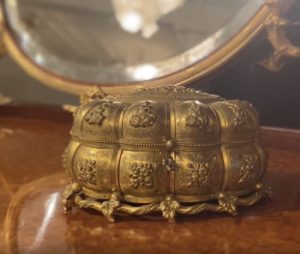Henry Dasson
A Fine Louis XV Style Cartel Wall Clock And Matching Barometer
£32,000
A Fine Louis XV Style Gilt-Bronze Mounted Mahogany Cartel Wall Clock And Matching Wall Barometer, By Henry Dasson, Paris The dials signed 'HENRY DASSON...
Dimensions
Height: 114 cm (45 in)Width: 34 cm (14 in)
Depth: 11 cm (5 in)
Weight: 11 kg
Description
A Fine Louis XV Style Gilt-Bronze Mounted Mahogany Cartel Wall Clock And Matching Wall Barometer, By Henry Dasson, Paris
The dials signed ‘HENRY DASSON A PARIS’.
Each with lyre shaped bombé case mounted with rinceaux feuillagés cast frame. The tapering shaft with thermometer. The clock dial with Roman and Arabic chapters and movement stamped ‘S. Marti et Cie / Medaille de Bronze’. The wall barometer en suite.
French, Circa 1870.
This clock and barometer reprises a famous mid-18th century model, a collaboration between the clock case maker Claude-Joseph Des1870godets and the clock/barometer maker Lange de Bourbon of which multiple examples are recorded, notably a period barometer is in The Jack and Belle Linsky Collection at the Metropolitan Museum of Art, New York (accession number 1982.60.2).
Multiple versions testify to it being a celebrated model and the foliate scrolled case is representative of the rococo of the Louis XV period, which no doubt inspired Henry Dasson to revive the model in the last quarter of the 19th century.
Date
Circa, 1870
Origin
France
Medium
Gilt Bronze
Signature
Signed to the dials 'HENRY DASSON A PARIS'.
Henry Dasson (1825-1896) was one of the finest makers of gilt-bronze mounted furniture in the nineteenth century. Unlike other cabinetmakers of this time Dasson started his career as a bronze sculptor, and for this reason one of the characteristics of his work is the great quality of his bronze and more precisely of the chiselling.
With a workshop established in Paris at 106 rue Vieille-du-Temple, he specialised predominantly in the production of Louis XIV, XV and XVI style furniture using the very finest gilt-bronze mounts.
In 1871, he purchased the flourishing business and remaining stock of Charles-Guillaume Winckelsen, who had established a reputation for furniture of the highest quality. Dasson almost certainly inherited the craft of ciseleur from Winckelsen.
At the 1878 and 1889 Paris Expositions Universelles Dasson exhibited a number of pieces in the Louis XV and XVI styles, as well as pieces of his own modified eighteenth-century design. The exhibits in 1878 included a table entirely in gilt-bronze, purchased by Lord Dudley. His copy of the celebrated Bureau du Roi sold at the same exhibition to Lady Ashburton.
Dasson ceased production in 1894, and at this time held a sale of his models, listed in Catalogues of drawings for art bronzes, style furniture and important decoration with rights of reproduction by Henry Dasson et Cie, manufacturer of art bronzes and cabinetmaker as a result of cessation of production..’ The records from this sale show that Paul Sormani, as well as Joseph Emmanuel Zweiner, Maison Millet and Beurdeley acquired certain drawings and models by Dasson.
Jonathan Meyer illustrates a number of exceptional items exhibited by Dasson in 1889 in his book on the Great Exhibitions.
Bibliography:
Mestdagh, Camille & Lécoules, Pierre. L’Ameublement d’art français : 1850-1900, Les Editions de l’Amateur, (Paris), 2010.
Ledoux-Lebard, Denise. Les Ebénistes du XIXeme siècle, Les Editions de l’Amateur, (Paris), 1984; pp. 146 – 151.0
Meyer, Jonathan. ‘Great Exhibitions – London, New York, Paris, Philadelphia, 1851-1900′, Antique Collectors’ Club, (Woodbridge, UK), 2006; p. 269, pls. H7, H8, H10: p. 270, pl, H12.
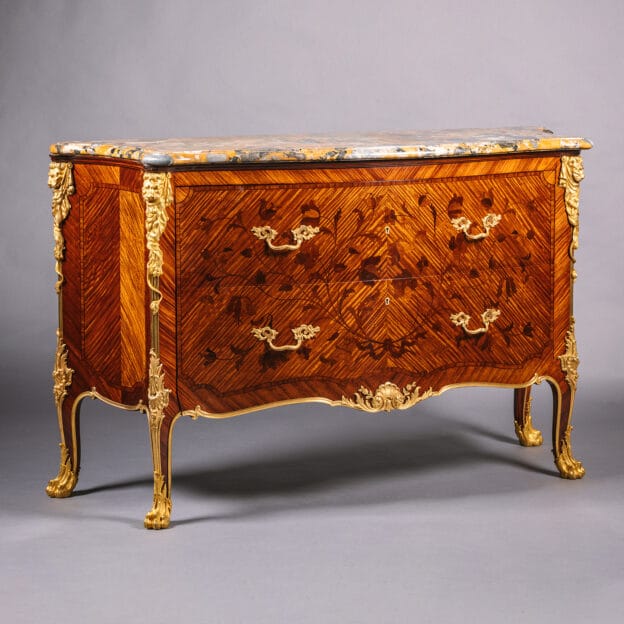
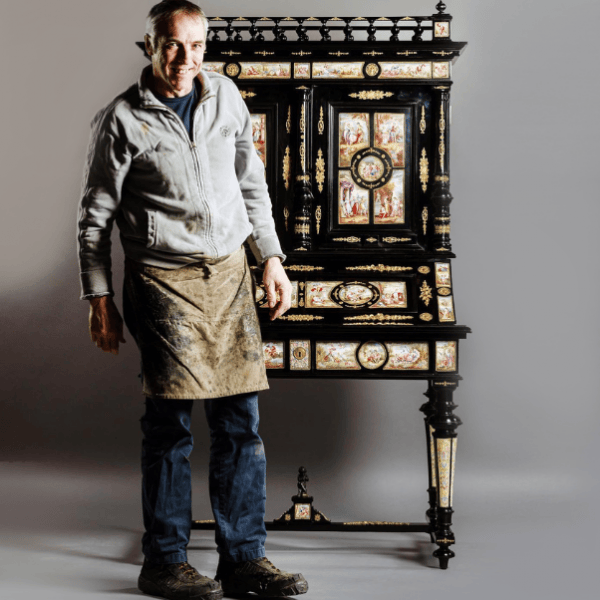
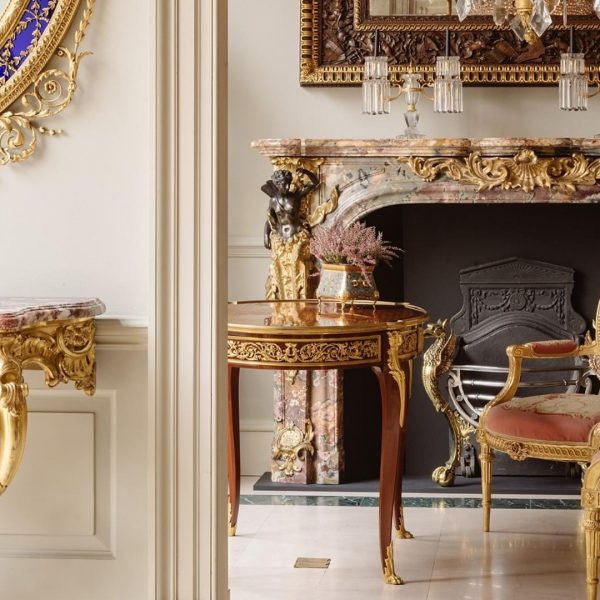
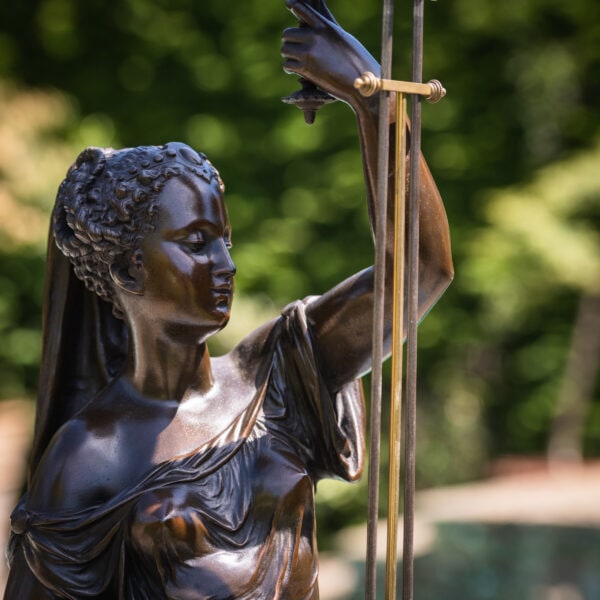
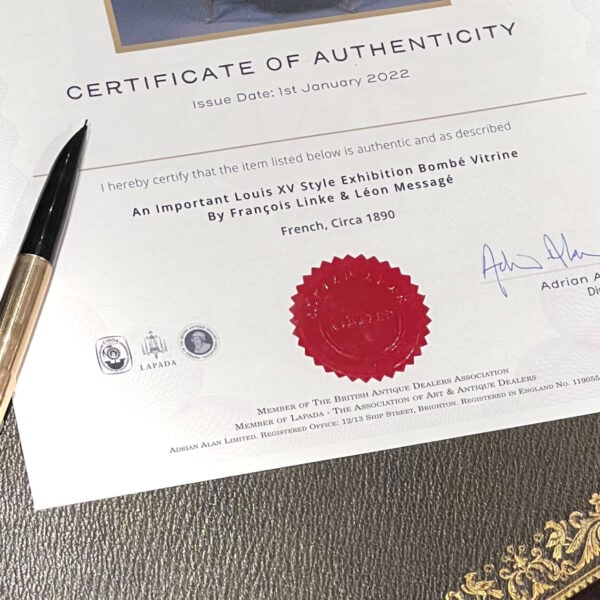
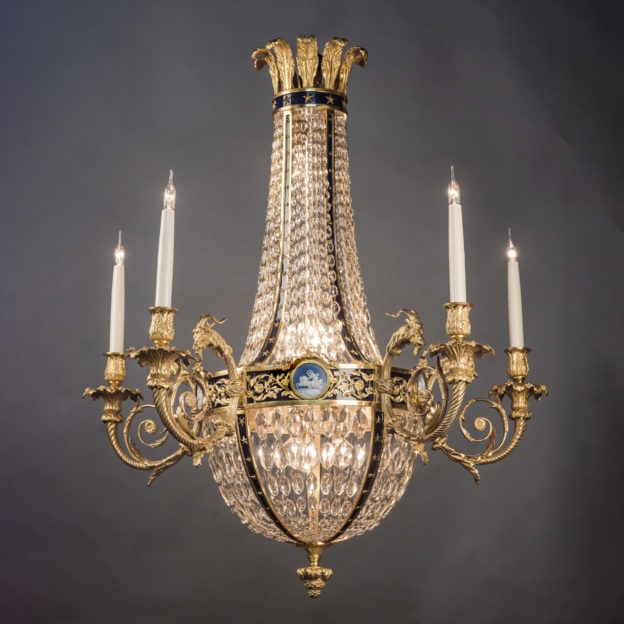
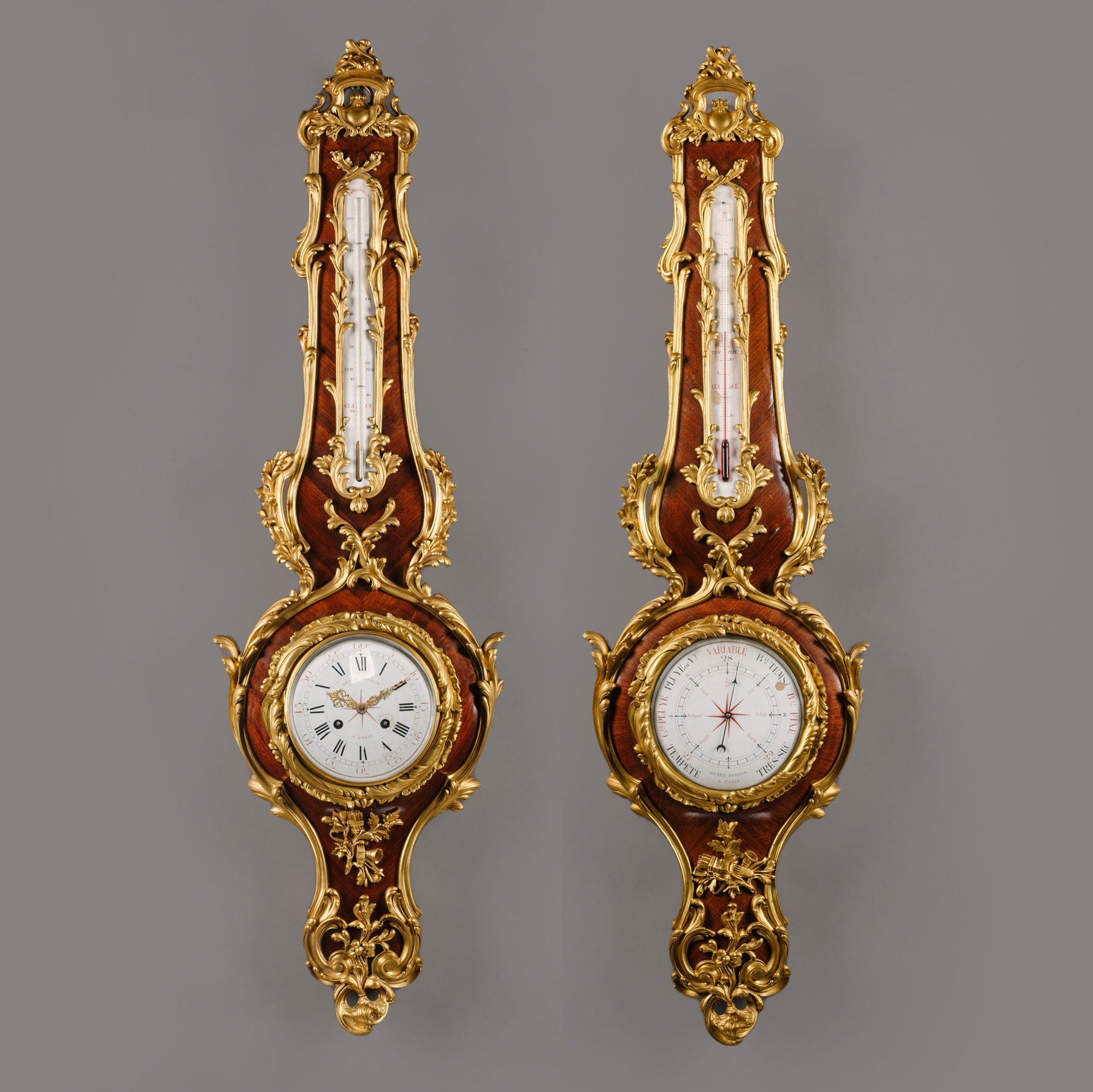
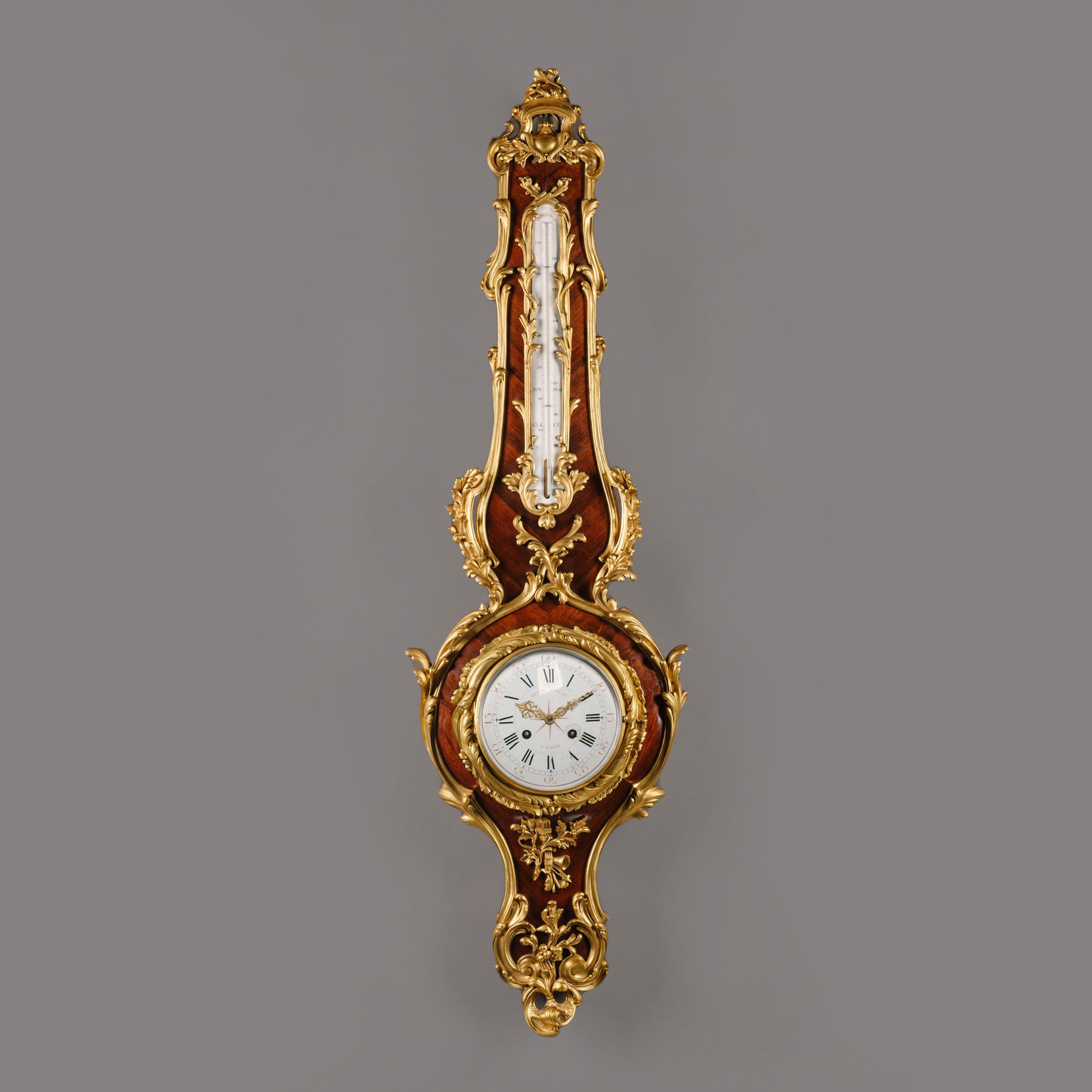
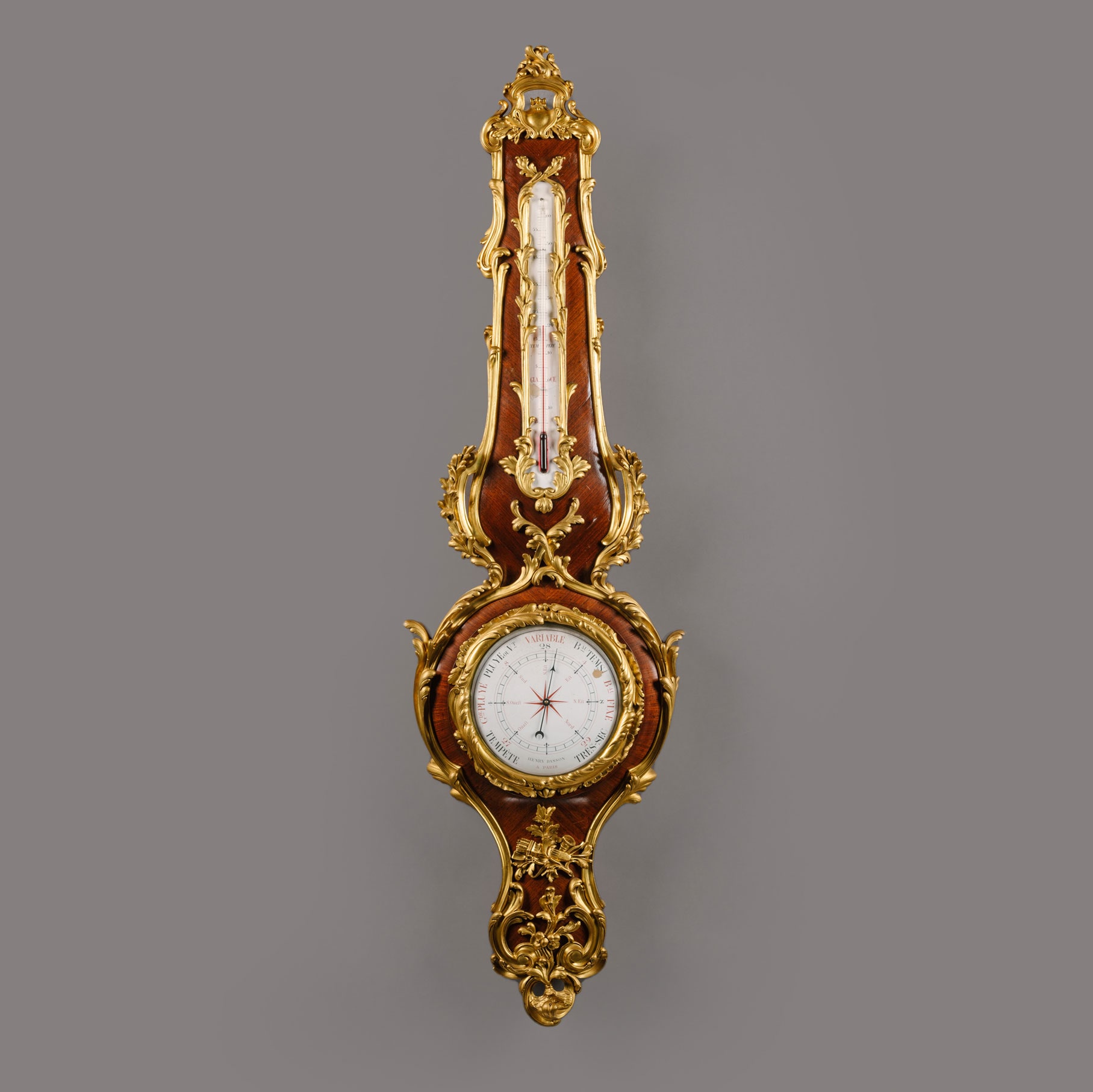

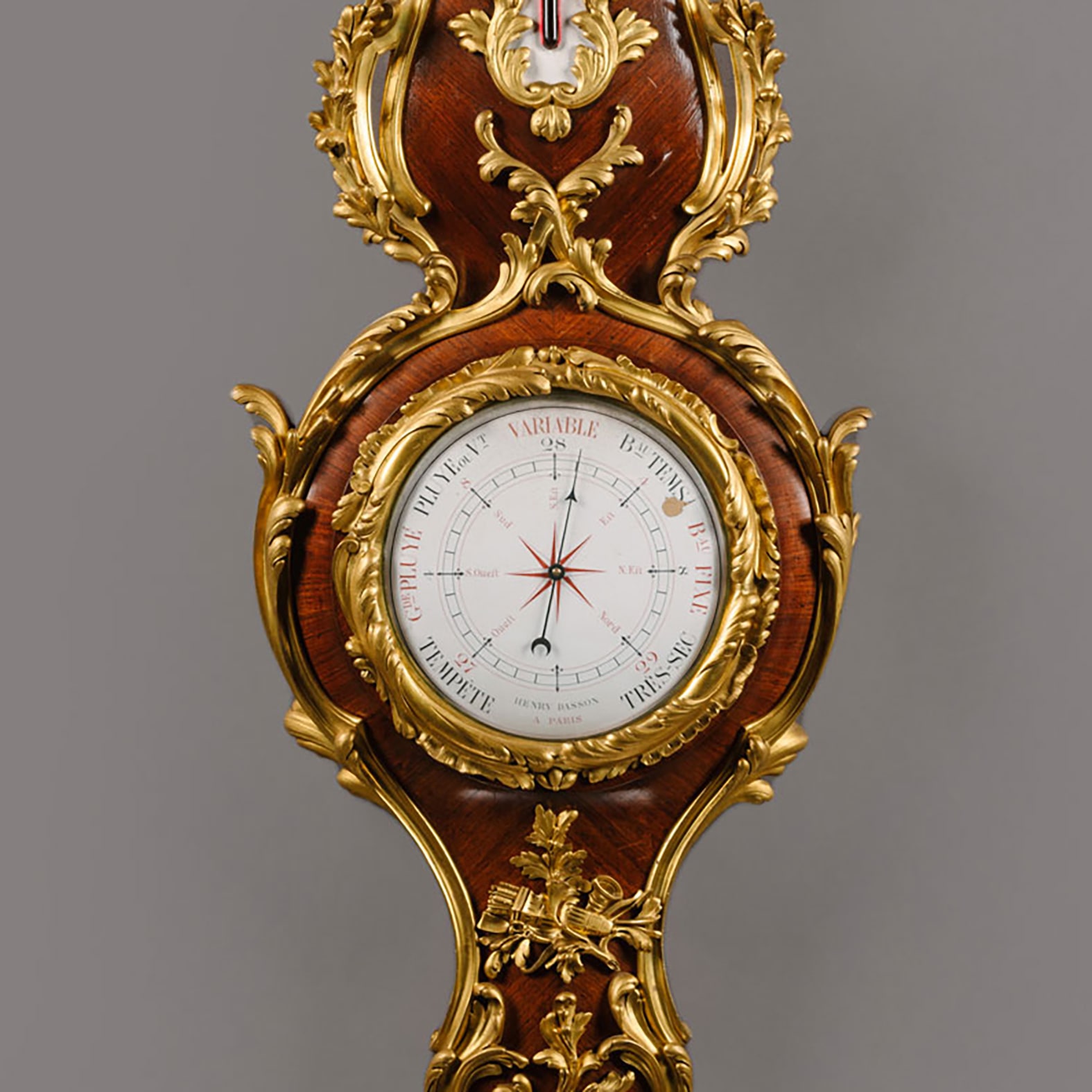
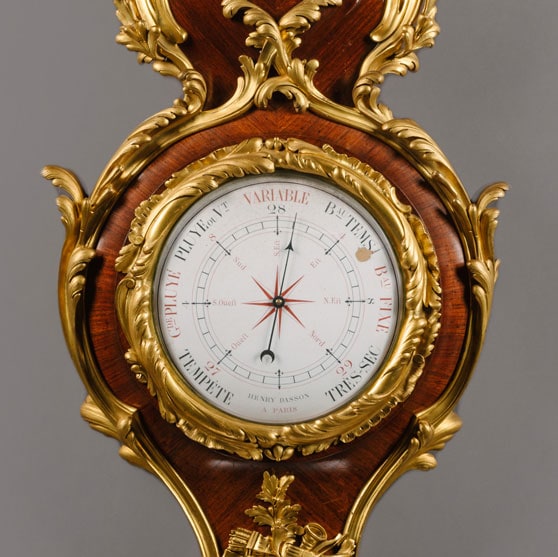

 Print
Print